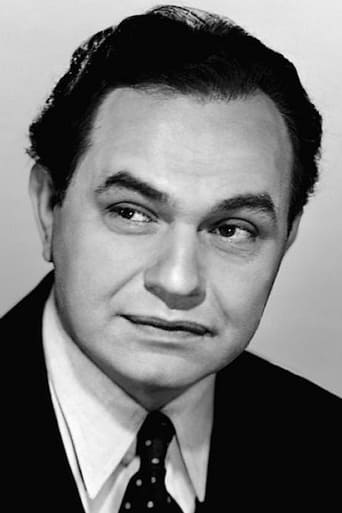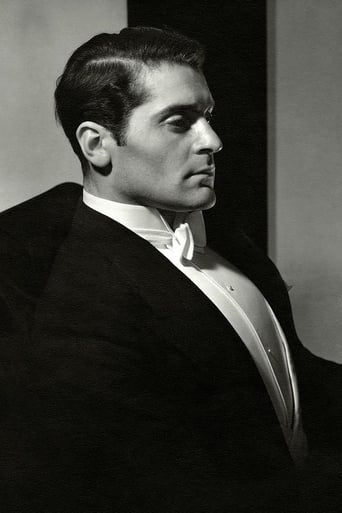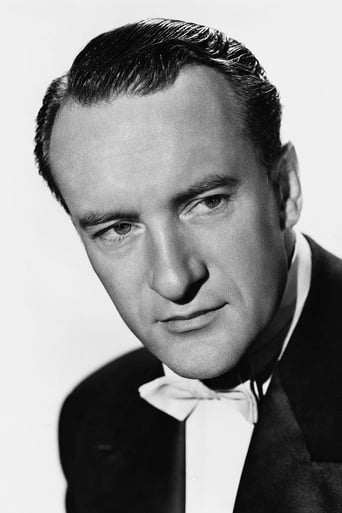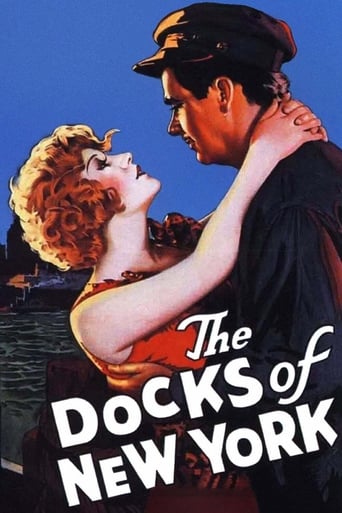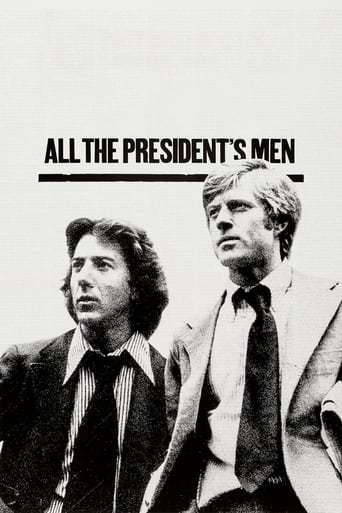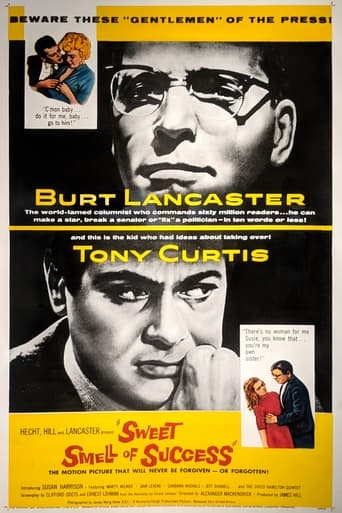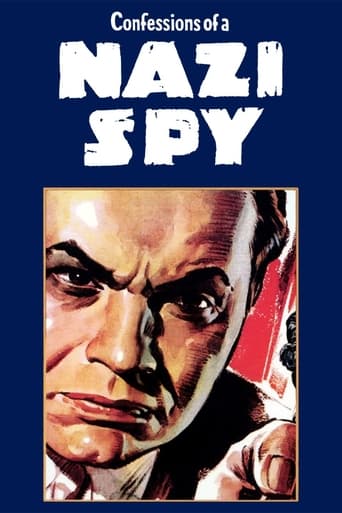

Confessions of a Nazi Spy (1939)
FBI agent Ed Renard investigates the pre-War espionage activities of the German-American Bund.
Watch Trailer
Cast
Similar titles



Reviews
To me, this movie is perfection.
Surprisingly incoherent and boring
If you don't like this, we can't be friends.
Excellent, Without a doubt!!
Directed by Anatole Litvak, this straightforward anti-Nazi propaganda film was based on real events involving a New York spy ring and four of its members that were convicted of spying on behalf of the German government. After about 45 minutes of set-up and character establishment, Edward G. Robinson is introduced as the FBI agent who ends up unraveling the ring. Francis Lederer, George Sanders, Paul Lukas, and Sig Ruman, among others, play various Nazis whereas Henry O'Neill plays the U.S. Attorney who prosecutes the four accused.The film's historical value lies in its telling of actual events which occurred in the same time period (the growth of Nazism in Europe), its relating the obviously flawed Nazi philosophies and methods, and in its alerting the American audiences at that time of the very real dangers which existed within the United States (e.g. "loose lips, sink ships").The story begins at a meeting being held in a room which adjoins a German restaurant in New York. Dr. Kassel (Lukas), a committed Nazi party member, is telling his fellow German Americans in attendance that their loyalty should be to their fatherland. That their fuhrer (Adolf Hitler) has declared war against all democracies and that it is their duty to carry out his wishes. Ward Bond, uncredited, appears as an American Legionnaire in attendance who objects to the rhetoric and is promptly thrown out. Kurt Schneider (Lederer), an out of work language teacher, is so caught up in proceedings that he writes letters to Germany hoping Nazi party leadership will consider using him as a spy.Franz Schlager (Sanders), accompanied by an assistant Hilda Kleinhauer (Dorothy Tree), who regularly cross the Atlantic on the Bismarck, visit Schneider to see if he's gotten the information he'd been ordered to obtain by those in Germany. By using his daring and his live-in friend, Werner Renz (Joe Sawyer), Schneider had; he's given $50/month for his troubles and, eventually, is assigned more difficult tasks. Frustrated by not being given more responsibility and pay, for his wife (Grace Stafford) is pregnant, Schneider writes a letter to the liaison (Eily Malyon) in Scotland which, when its intercepted by British Military Intelligence (James Stephenson), begins the spy ring's downfall.FBI agent Ed Renard (Robinson) quickly realizes the significance of what the letter means, and the amateur nature of its author. John Hamilton appears uncredited as an FBI chief. He is also able to (all to easily) capture Schneider when he's daring enough to try to obtain 15 blank passports for Schlager. Using Schneider's vanity against him, Renard's questions lead him to Hilda and then Kassel, who's affair with another woman (Lya Lys), contributes to his undoing. Renard's simple techniques for obtaining confirmation of his suspicions, and the Germans willingness to confess their deeds, make the story rather incredible.Schneider's wife (Hedwiga Reicher) inadvertently leads him into the Gestapo's hands and Krogman (Ruman) gaffes by admitting to Renard that the suspects are operating on orders from the German government. In any event, some of the guilty parties (the characters played by Lederer, Tree, Sawyer, and Hans Heinrich von Twardowski's Max Helldorf character) are successfully prosecuted whereas Kassel and draftsman Westphal (Wolfgang Zilzer) are returned via the Bismarck to face penalties in their own country at the hands of the Gestapo (Lionel Royce and Henry Victor). Another German American, Greutzwald (Willy Kaufman), had been dealt with earlier for disagreeing with Kassel's speeches.Selmer Jackson, John Ridgely, Regis Toomey, and Charles Trowbridge are all recognizable in small, uncredited parts.
Those who would comment upon the film "Confessions of a Nazi Spy"--and many other Warner Brothers films--would do well to see director Richard Schickel's five-hour film "You Must Remember This: The Warner Bros. Story" and the book that accompanies the film, both of which were created as the centerpiece of a celebration of the studio's 85th anniversary (more information on this series is available on the PBS website under the series American Masters).While "Confessions of a Nazi Spy" is seen as mild in its view of the Third Reich today, it was the first anti-Nazi film produced by any studio and was so controversial in its day that the studio was to be prosecuted for making the film and would have been prosecuted had the Empire of Japan not attacked Pearl Harbor two weeks before the prosecution was to begin.
Confessions of a Nazi Spy was made anticipating the fact that American involvement in World War II was inevitable so it is better to know thy enemy. Based on FBI files, Confessions of a Nazi Spy was a story about both the German American Bund and its links to the Nazi regime and the espionage and sabotage it tried to do.The film is done in a documentary style, more popular over at 20th Century Fox than at Warner Brothers, with films like The House on 92nd Street and Calling Northside 777 as examples of the style.The Nazis shown here are straight up villains be they respected physician Paul Lukas or disgruntled plebeian Francis Lederer. I think Lederer modeled his character on Bruno Hauptmann, the Lindbergh baby kidnapper and maybe the most unpopular man in America at one point. Hauptmann's appearance and voice were in newsreels to study and isn't it ironic that the man he wronged became a spokesman for appeasement.On the other hand Edward G. Robinson is quite the stand up hero as the FBI agent investigating the Bund. Robinson was one of the bigger anti-Nazi activists in Hollywood and was proud to be included in what he considered a very important message.No subtlety used in this film. For those not interested in the anti Nazi message, Confessions of a Nazi Spy does succeed on the entertainment level as well. But I will say that playing America the Beautiful over the end credits was a bit much even for audiences in 1939.
An investigative drama finding Edward G. Robinson as an effective G-Man "rooting around" in the Nazi underground. Its great to see Robinson as a positive character and equally impressive is his counterpoint Paul Lukas. An apt supporting cast includes:Francis Lederer, Lya Lys and George Sanders.
